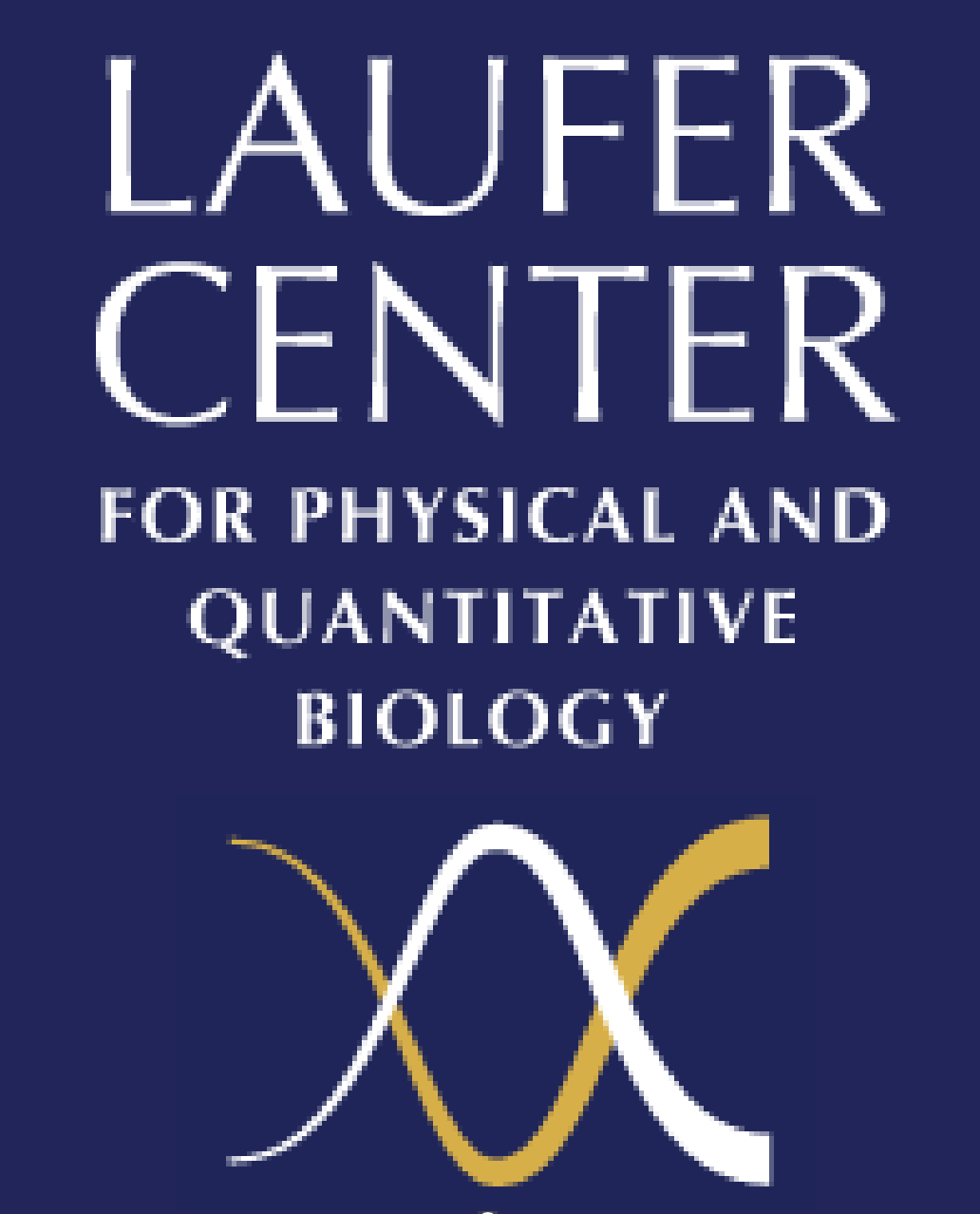Events Calendar
CNRS Research Director
CNRS and Laboratoire de Physique de l'Ecole Normale Supérieure, Paris
Mixing, stopping, coupling, lifting, and other keys to the second Markov-chain revolution
The Markov-chain Monte Carlo method is an outstanding tool in science that, essentially, consists in evaluating very high-dimensional integrals using a stochastic approach. A first "revolution", in the 1950s, introduced the concept of sampling, and built on its analogy with equilibrium statistical mechanics. It led, for example, to the famous Metropolis and heat-bath algorithms. Recent decades have witnessed a second revolution, where the concepts of mixing, stopping, coupling, and lifting, etc., have led to a better understanding, and to much faster, and sometimes even "perfect" sampling methods. They often build on the notion of non-reversibility and map onto non-reversible physical dynamics.
In this talk, I will introduce this interdisciplinary field of research about non-equilibrium in equilibrium, starting with the above keywords of modern Markov-chain Monte Carlo. In particular, I will discuss applications from Bethe-ansatz solvable particle models to new Monte Carlo algorithms in statistical and chemical physics.
Dr. Werner Krauth. Werner is a very well known computational statistical physicist. He's based in the Laboratoire de Physique at l'Ecole Normale Supérieure in Paris; currently, he's also Visiting Professor in Physics at the University of Oxford and Distinguished Visiting Professor at the Simons Center for Computational Physical Chemistry at NYU. You may know his textbook: Statistical Mechanics: Algorithms and Computations.
Visit the Visit the Krauth lab website
Host: Paul M Goldbart, Condensed Matther Physics, Department of Astronomy and Physics
Refreshments following the seminar in room 110






